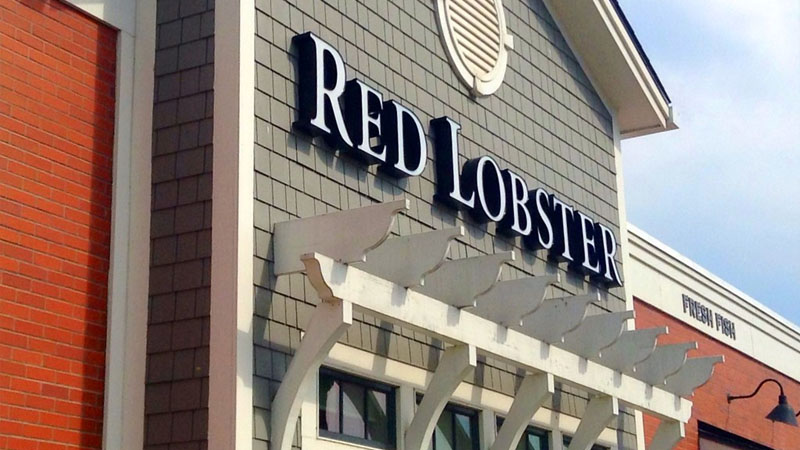Exclusive content

It was not Red Lobster’s much-discussed “Ultimate Endless Shrimp” promotion that led to the restaurant chain’s recent bankruptcy filing, according to CNBC. Analysts point to the actions of its private equity owner, Golden Gate Capital, as the main culprit.
Sale/Leaseback: The Turning Point
In 2014, Golden Gate Capital acquired Red Lobster and simultaneously sold the chain’s real estate assets for USD 1.5 billion. This sale/leaseback transaction forced Red Lobster to pay above-market rents, drastically increasing its operational costs. This financial burden, compounded by the debt incurred to finance the buyout, set the stage for the chain’s eventual bankruptcy.
Red Lobster’s bankruptcy filing on May 19 marked a significant loss for its 64 million annual customers and 36,000 employees. The closure of nearly 100 locations across the United States and Canada has left a void in many communities. Analysts argue that private equity ownership, characterized by heavy debt and asset-stripping practices, played a central role in this collapse.
The Mechanics of Asset-Stripping
Asset-stripping, a common practice among private equity firms, involves selling off a company’s assets to repay debts or finance the acquisition itself. In Red Lobster’s case, the sale/leaseback deal sold the real estate of 500 stores, generating funds that did not benefit the restaurant chain but instead went to Golden Gate Capital.
Private equity firms have a significant presence across various industries, employing approximately 12 million workers in the U.S. Companies under private equity ownership experience higher bankruptcy rates, as demonstrated by the failures of Sears, Mervyn’s, and now Red Lobster. The financial instability caused by such practices affects not only the companies but also their employees and surrounding communities.
Rising Costs and Financial Strain
The 2014 sale/leaseback agreement left Red Lobster with high annual rent payments, totaling USD 200 million by 2023, which equated to about 10% of its revenues. This financial strain, combined with rising interest costs from the debt incurred during the buyout, proved unsustainable.
In 2020, Golden Gate Capital sold its stake in Red Lobster to Thai Union Group and an investor group. Despite the change in ownership, the damage had already been done. Red Lobster’s restructuring efforts continue under the new management, aiming to stabilize its financial situation.
Broader Economic Impact
The bankruptcy of Red Lobster has wider economic repercussions. Former employees, suppliers, and local businesses all feel the ripple effects. The financial instability caused by private equity practices contributes to economic unease, highlighting the need for greater transparency and regulation.